
Description
Vitamin B12 or Cobalamin is a water soluble vitamin which is effective in very small doses. It is a red crystalline compound that contains phosphorus and cobalt. It can be found only in the foods of animal origin - liver, kidneys, meat, milk, eggs, cheese, fish, shellfish, but it is largely destroyed during food processing. Vitamin B12 participates in the metabolism of fats and carbohydrates and protein synthesis.Vitamin B12 is poorly absorbed by the stomach. It binds to the proteins of saliva and gastric juice. Because of that, this vitamin should be taken in the form of a lozenge or sublingual tablets (placed under the tongue). Absorption of vitamin B12 is supported by calcium, vitamin B complex and vitamins A, C and E, while tobacco, coffee, alcohol, laxatives, and problems in the functioning of the thyroid reduce its absorption.
Health Benefits
Vitamin B12 stimulates the regeneration of the liver by participating in detoxifying processes. It plays an important role in the prevention of infertility. Together with vitamin C, vitamin B12 helps with cancer prevention. It is an integral part of many psychiatric disorders treatment.Vitamin B12 helps in preserving function of the nervous system - improves concentration, memory and balance. It also prevents anemia by creating and regenerating red blood cells. This vitamin supports normal growth and development and improves appetite in children.
This member of vitamin B complex is very important for our metabolism. In addition, vitamin B12 relieves menstrual problems and PMS.
It is applied in the treatment and prophylaxis of pernicious anemia, myelocytic and megaloblastic anemia, alcoholism, gastritis, renal disease, and stress. The need for this vitamin is increased in pregnancy, but high doses can be harmful to both mother and child.
Vitamin B12 should not be taken during the treatment of acute viral hepatitis, allergies, dermatological diseases, fatigue and multiple sclerosis.
Vitamin B12 Deficiency
Symptoms of a lack of vitamin B12 can sometimes be seen even after five years of its disappearance from the body's reserves. They may include: a secondary phenomenon of fatty degeneration of the heart, kidneys and liver, anemia and weakened immunity.Lack of this vitamin is very common in the exclusive vegetarians - because its natural sources are liver, meat, eggs, milk - and in people after the fiftieth year of life. Vitamin B12 is an integral part of infertility therapy in both sexes. Lack of this vitamin can cause disturbances in the production of seeds and sperm, and even a lack of sperm.
Breastfed babies are getting enough vitamin B12 through breast milk, but children who are fed with artificial milk require this vitamin supplementation.




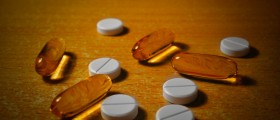
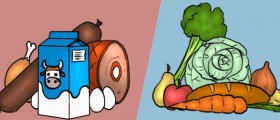


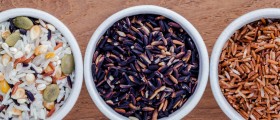

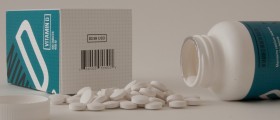




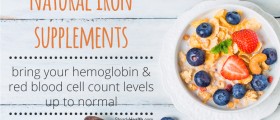

Your thoughts on this
Loading...